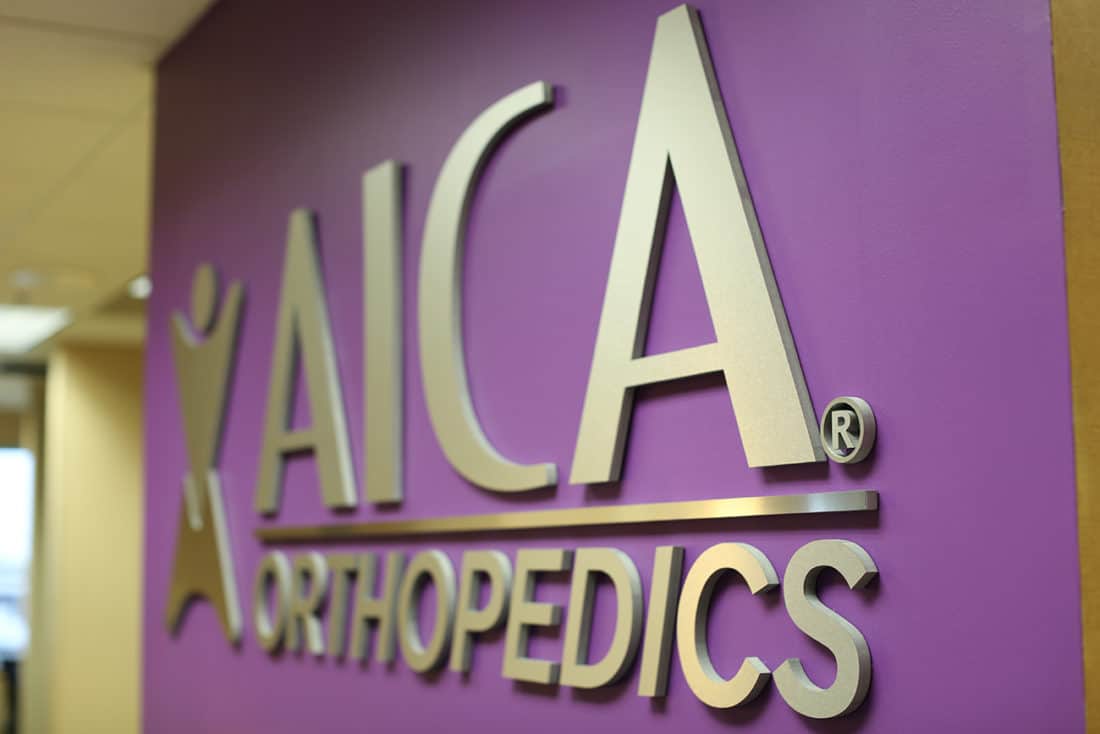Traumatic Brain Injury
The brain is, without a doubt, the most important organ in the body. As a control center for the entire body, the brain is responsible for controlling breathing, heart rate, blood pressure, sleep patterns, and everything else that keeps you alive and healthy. Because of its importance, the brain is highly protected by the skull and the fluid that surrounds it to help absorb any potentially dangerous impact.
But a traumatic brain injury can be extremely damaging, whether from a fall, a car accident, or another traumatic event. Concussions are the most common form of traumatic brain injury, and they can range from mild to severe. No matter how small or minor it seems, a concussion or traumatic brain injury should never be taken lightly.
Damage from a concussion can lead to cognitive, physical, or even emotional and behavioral changes that affect how we live our lives. If you experience a concussion or head trauma of any kind, seek traumatic brain injury treatment from a qualified neurologist at AICA Orthopedics for evaluation and proper care.
Even if you don’t think you have a concussion, but you’re experiencing head pain of any kind, such as frequent or severe headache pain, get in touch with us and set up a consultation with our neurology team. We can get to the root of the problem and help you find relief and a solution to your head discomfort.
Traumatic Brain Injury Symptoms

Traumatic brain injury symptoms can include a headache, neck pain, pressure in the head, light sensitivity, balance problems, blurred vision, nausea, drowsiness, confusion, light or noise sensitivity, among other symptoms. Severe concussion may cause a loss of consciousness for a period of time. Proper imaging and getting medical care at the first sign of a problem can help you get the best treatment needed for an easy recovery and proper healing.
Diagnostics
MRI
Your head pain needs to be properly diagnosed, beginning with an MRI to assess if there is anything damaged or out of the ordinary about the soft tissue of the head, neck, and sinus areas.
LEARN MOREneurology
EEG’s test brain wave activity, so they can give an indication to your primary physician if there are neurological implications to your head pain. If so, it might be recommended that you see a neurologist.
LEARN MOREConsult with a Traumatic Brain Injury Specialist
Many patients with a TBI suffer from intense headaches, called migraines. They can be the most debilitating type of headache. Migraine symptoms include nausea, vomiting, sensitivity to light and sound, and intense head pain. Migraine sufferers may experience migraines from just a few times a year to more frequently such as several times a month. These debilitating headaches can affect daily life. Until symptoms subside, migraine sufferers are often unable to work, care for families, or simply function as they normally would.
Neurologists are a great resource for headache pain following a traumatic brain injury. These doctors specialize in the brain and the body’s nerves. At the initial consultation, neurologists at AICA will perform an assessment and may perform an EEG. Brain cells communicate via electrical impulses, and this diagnostic tool measures the activity.
An EEG assessment identifies any problems that are occurring with this electrical activity. If you’ve had an accident, an EEG can uncover any hemorrhaging, bleeding, or swelling in the brain. For patients in a coma, the EEG will inform the doctors what level of brain activity is happening.
If you experience migraines, tension headaches, or any other type of headache pain, a neurologist at AICA can help. The highly educated and knowledgeable neurologists at AICA have experience providing treatment and care for others just like you who have suffered a brain injury or are dealing with some form of head pain or discomfort.
Our team of specialists at AICA, including highly qualified neurologists, stay up to date with the latest in advances on concussion diagnosis and treatments. A neurologist will first perform an assessment to diagnose your injury. They will ask specifics about the injury as well as check your balance, strength, reflexes, sensation, and memory to determine the extent of your brain injury.
It is important that a neurologist receives as accurate of information as possible to correctly assess and diagnose head trauma. Some concussions may first present as migraine symptoms, so it is important to receive an accurate diagnosis and get the treatment you need to fully heal.
A CAT scan, MRI, or EEG can provide more information about your injury and related pain. After a diagnosis, your neurologist will come up with the best plan of action to treat your injury. Observation during this time is crucial. Rest, rest, and more rest is the best prescription for a brain injury.
Our bodies are amazing at healing themselves, but it does take time. The more you rest, the more you allow your body to go through the healing process. This may require that you take time off of work or school, skip sports practices, and avoid physical activity for a while. It can take anywhere from a few weeks to several months for the brain to fully heal from an injury. Be sure to get the all-clear from a traumatic brain injury doctor before you return to sports practices or normal activities.
Even if you don’t suspect a brain injury but have some other form of head pain, a visit with a neurologist is likely to bring about more effective treatment and better long-term pain relief. For the best results, turn to the experienced and highly qualified head trauma specialists at AICA for diagnosis and treatment of head pain, specifically a traumatic brain injury.







